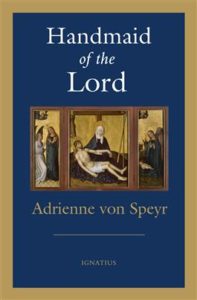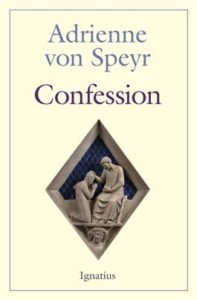Podcast: Play in new window | Download (Duration: 36:52 — 25.3MB) | Embed
Subscribe: Apple Podcasts | Spotify | Amazon Music | Android | Pandora | iHeartRadio | JioSaavn | Podchaser | Gaana | Podcast Index | Email | TuneIn | Deezer | Anghami | RSS | More
The origin of the virtue of soberness is attributed to the monastic tradition. The German term “nüchtern” (sober in English) is borrowed from the Latin “nocturnus” and describes the state of the monk at night (see Friedrich Kluge, etymological dictionary of the German language). So, to gain access to what “soberness” really means, Fr. Mauritius discusses what role the night plays for the monks and how they spend it. Saint Benedict of Nursia, the founder of the Benedictine order, has much to say. His observations can also help us to reflect on how we spend the night.
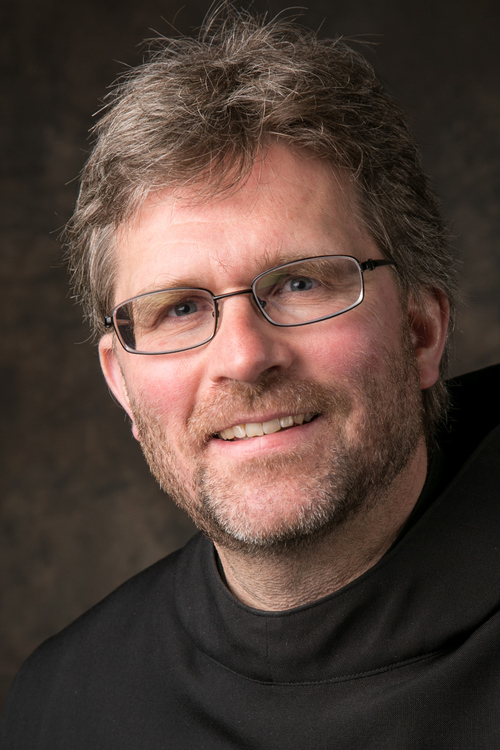
From the Holy Rule of St. Benedict:
CHAPTER XLII
That No One Speak after Complin
Monks should always be given to silence, especially, however, during the hours of the night. Therefore, on every day, whether of fast or of a mid-day meal, as soon as they have risen from their evening meal, let all sit together in one place, and let one read the Conferences or the Lives of the Fathers, or something else that will edify the hearers; not, however, the Heptateuch or the Books of the Kings, because it would not be wholesome for weak minds to hear this part of the Scripture at that hour; they should, however, be read at other times. But if it was a fast-day, then, when Vespers have been said, and after a short interval, let them next come together for the reading of the Conferences, as we have said; and when the four or five pages have been read, or as much as the hour will permit, and all have assembled in one place during the time of the reading, let him also come who was perchance engaged in work enjoined on him. All, therefore, having assembled in one place, let them say Complin, and after going out from Complin, let there be no more permission from that time on for anyone to say anything.
If, however, anyone is found to break this rule, let him undergo heavy punishment, unless the needs of guests should arise, or the Abbot should perhaps give a command to anyone. But let even this be done with the utmost gravity and moderation.
The Hymn from Compline mentioned by Fr. Mauritius in the podcast:
To Thee Before the Close of Day (English)
To Thee before the close of day,
Creator of the world, we pray
That, with Thy wonted favor, Thou
Wouldst be our guard and keeper now.
From all ill dreams defend our sight,
From fears and terrors of the night;
Withhold from us our ghostly foe,
That spot of sin we may not know.
O Father, that we ask be done,
Through Jesus Christ, Thine only Son,
Who, with the Holy Ghost and Thee,
Doth live and reign eternally.
Amen.
Te Lucis Ante Termium (Latin text)
Te lucis ante términum,
rerum Creátor, póscimus,
ut pro tua cleméntia
sis præsul et custódia.
Procul recédant sómnia
et nóctium phantásmata;
hostémque nostrum cómprime,
ne polluántur córpora.
Præsta, Pater piíssime,
Patríque compar Unice,
cum Spíritu Paráclito
regnans per omne sǽculum.
Amen
Father Mauritius Wilde, OSB, Ph.D., did his philosophical, theological and doctoral studies in Europe. He is the author of several books and directs retreats regularly. He serves as Prior at Sant’Anselmo in Rome.

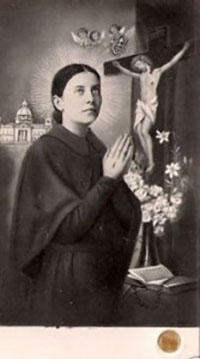



 This serves as an introduction to the life of Saint Teresa of Ávila, also called Saint Teresa of Jesus, baptized as Teresa Sánchez de Cepeda y Ahumada (28 March 1515 – 4 October 1582). In our opening conversation, we discuss 16th century Spain, events taking place in the world and the people who associated with Teresa. Dr. Lilles also gives introductions to her various spiritual works and the importance of “The Interior Castle”.
This serves as an introduction to the life of Saint Teresa of Ávila, also called Saint Teresa of Jesus, baptized as Teresa Sánchez de Cepeda y Ahumada (28 March 1515 – 4 October 1582). In our opening conversation, we discuss 16th century Spain, events taking place in the world and the people who associated with Teresa. Dr. Lilles also gives introductions to her various spiritual works and the importance of “The Interior Castle”. For the audio recordings of various spiritual classics you can visit the
For the audio recordings of various spiritual classics you can visit the 
 Fr. Timothy Gallagher and Kris McGregor reflect on spiritual desolation’s challenge and the need for prayer and trust in God to overcome it. Emphasizing the role of faith, they share personal experiences and strategies like focusing on truths of faith and seeking intercession.
Fr. Timothy Gallagher and Kris McGregor reflect on spiritual desolation’s challenge and the need for prayer and trust in God to overcome it. Emphasizing the role of faith, they share personal experiences and strategies like focusing on truths of faith and seeking intercession.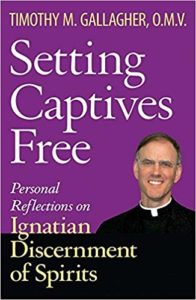
 “Hey, Turn Around Bright Eyes”
“Hey, Turn Around Bright Eyes”

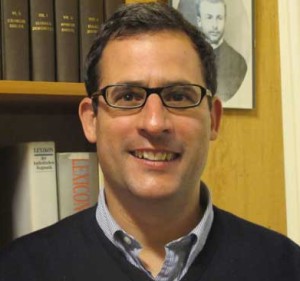 Episode 4 – “A Handmaid of the Lord – Mary/Joseph, Mary/John” – “A Handmaid of the Lord”: The life and legacy of Adrienne von Speyr with Dr. Adrian Walker, Ph.D.
Episode 4 – “A Handmaid of the Lord – Mary/Joseph, Mary/John” – “A Handmaid of the Lord”: The life and legacy of Adrienne von Speyr with Dr. Adrian Walker, Ph.D.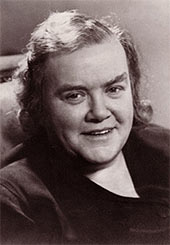 Adrienne von Speyr was a Swiss convert, mystic, wife, medical doctor and author of over 60 books on spirituality and theology. She’s inspired countless souls around the world to deepen their mission of prayer and compassion. She entered the Catholic Church under the direction of the great theologian, Hans Urs von Balthasar. In the years that would follow, they would co-found the secular institute, the Community of St. John.
Adrienne von Speyr was a Swiss convert, mystic, wife, medical doctor and author of over 60 books on spirituality and theology. She’s inspired countless souls around the world to deepen their mission of prayer and compassion. She entered the Catholic Church under the direction of the great theologian, Hans Urs von Balthasar. In the years that would follow, they would co-found the secular institute, the Community of St. John.